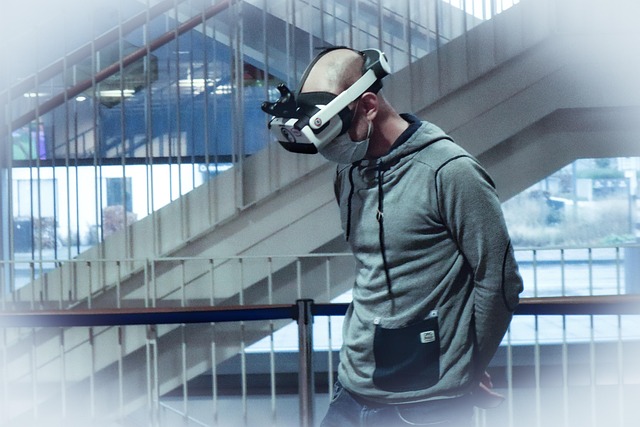With the rapid advancements in technology, education is undergoing a remarkable transformation. One of the most exciting developments is the emergence of educational VR games, which provide an immersive experience that traditional teaching methods simply cannot match. Through virtual reality (VR), augmented reality (AR), and the metaverse, students are finding themselves not just passive recipients of information but active participants in their learning journey.
Imagine stepping into a digital world where history comes alive, allowing students to walk through ancient civilizations and interact with historical figures. This is the magic of VR, where the line between reality and imagination blurs. Educational VR games take learners on unforgettable adventures that ignite curiosity and engagement. These experiences foster deeper understanding by allowing students to learn through exploration and experimentation.
AR complements this immersive learning by overlaying digital information onto the physical world. For example, an educational VR game could enable students to examine a 3D model of the human body in their classroom. They could interactively explore biology concepts by virtually dissecting organs or witnessing the human cardiovascular system in action. This hands-on approach to learning makes complex subjects much more accessible and engaging.
The metaverse, a collective virtual space, adds another layer to this educational revolution. It creates a sense of community and collaboration among learners from different backgrounds and locations. Students can gather in virtual classrooms where they can discuss ideas, share experiences, and work on group projects in real-time. Such collaborative endeavors not only enhance the learning process but also build social and communication skills that are vital for the real world.
The potential of educational VR games extends beyond just classroom learning. These interactive experiences can cater to various learning styles—visual, auditory, and kinesthetic—ensuring that every student has the opportunity to thrive. Moreover, they offer unique opportunities for those who struggle in conventional settings. Students with learning disabilities or anxiety often flourish in an environment where they can learn at their own pace and in a less intimidating format.
As we look forward, the integration of immersive technologies into the education sector seems inevitable. Schools are beginning to adopt VR and AR tools, recognizing their value in creating engaging learning environments. Teachers, too, are witnessing how educational VR games can simplify complex concepts, allowing them to focus on fostering critical thinking and creativity instead of mere memorization.
In a world increasingly dominated by digital interactions, the combination of VR, AR, and the metaverse offers a glimpse into the future of education—one where students are empowered to take their learning into their own hands. The potential for personalized learning experiences is limitless, providing students with the tools and knowledge they need to succeed in an ever-changing world.
The evolution of education through educational VR games is not just a trend; it is a revolution that promises to redefine what it means to learn. By embracing these innovative technologies, we can inspire the next generation of thinkers, creators, and leaders, ensuring that they are equipped with the skills necessary to navigate the complexities of the future.



